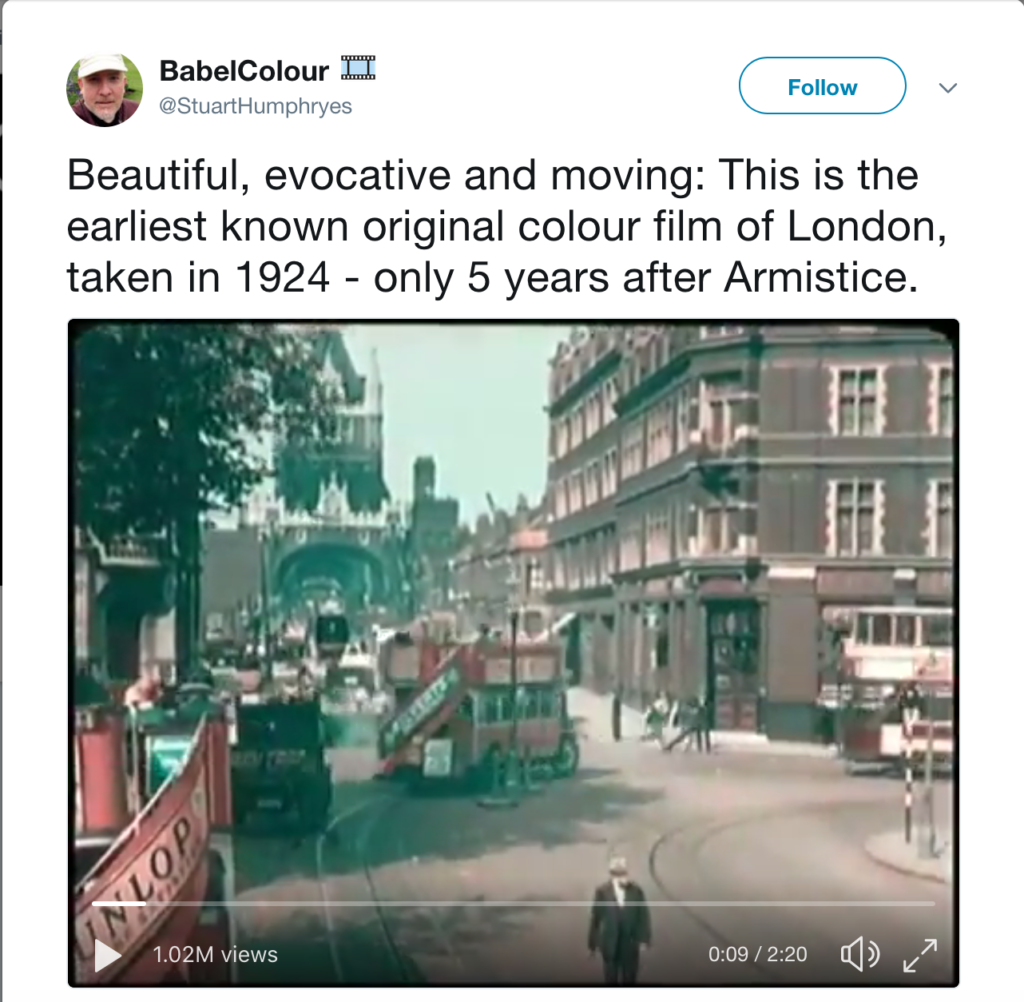From the New Yorker:
WASHINGTON (The Borowitz Report)—Calling for an “immediate end” to the recount in Florida, Donald J. Trump warned on Monday that it could set a dangerous precedent of the person with the most votes winning.
Speaking to reporters at the White House, Trump said that those in favor of the recount had a “sick obsession with finding out which candidate got the most votes.”
“Democrats are going on and on about counting every last vote until they find out who got the most,” Trump said. “Since when does getting the most votes mean you win?”
Trump said that, if the recounts are allowed to proceed, “We could be looking at a very bad, very sad situation where to be considered legitimately elected you have to get more votes than the other candidate.”
Just for the avoidance of doubt, this is a satirical piece.




